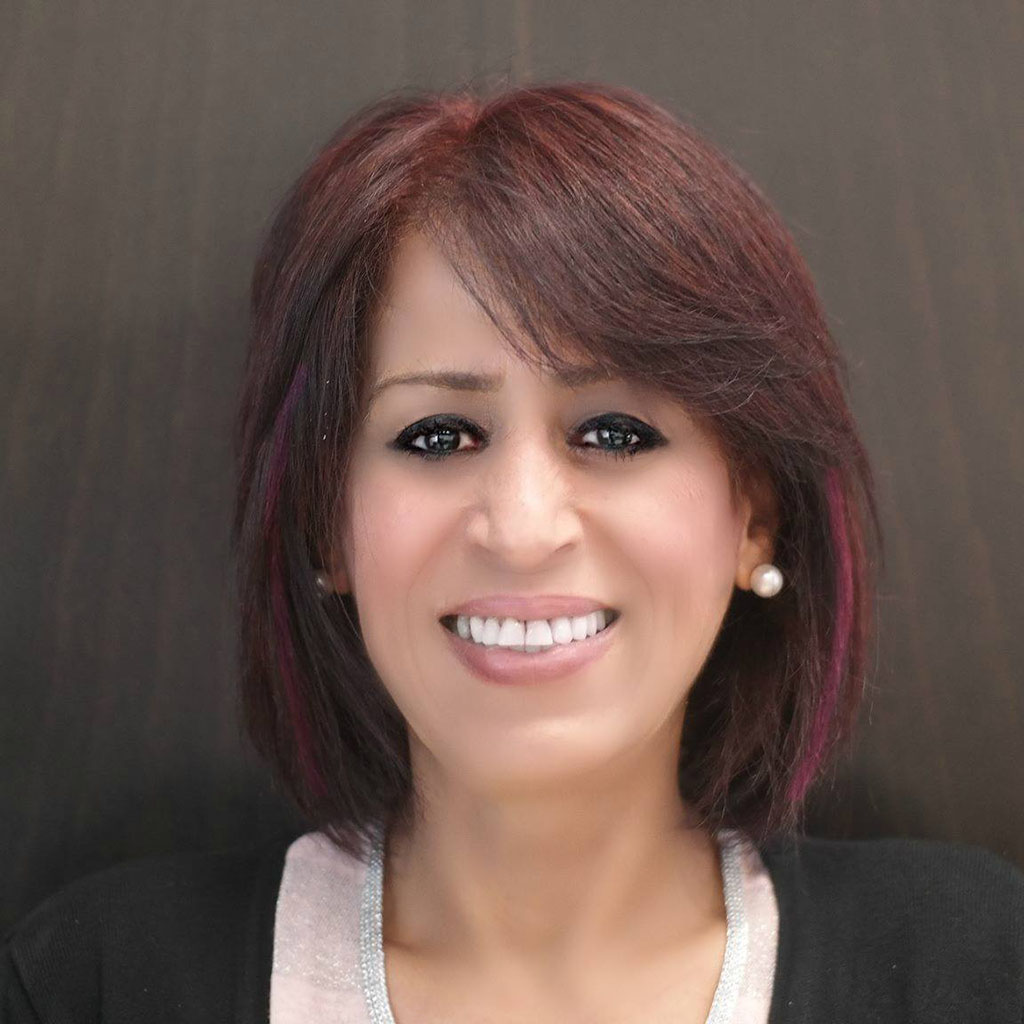This film is about sharing viewpoints, not about promoting peace. It is about exchanging Palestinian and Israeli viewpoints, and even a German viewpoint. It is about how a Palestinian views the Israelis, where an Israeli helps him find his story on the Israeli side, and how the Palestinian helped the Israeli find what he wants in the PA areas.
Exchanging points of view helps you deal with the other person and understand him more. There's an Arabic proverb that says: one asked the other "do you know him?" He answered, "Yes." The first asked, "Did you get to know him, to spend time with him?" He said, "No." So the first said, "Then you don't really know him." When you deal with someone, when you live with him... we worked together for a month, we got to know each other. For example, with Yoram, I was very reserved when I talked to him at the beginning. Later on, we started talking and joking, so we broke that wall of separation just like the wall that Israel is building. Among the people we are breaking the walls, but the Israeli government is building one!
When I went to the house of that settler woman, I didn't know what to say. I was a bit hesitant, nothing came to my mind, but I was determined to go see her. She agreed to meet with us, knowing that we were making a film. We started a general conversation. The thing that helped is that she was a nice lady, she showed me around her house, and I liked how it was constructed. I told her that I loved her house—I only wished that it was not built on Palestinian land. She said, "I have built this house in my mind since I was little." She took me to the upper floor to show me. I liked it very much and I told her that when I build my house I will make the same one. We broke the wall of hatred.
When I started this film, I disliked the settlers, but there are people among them who are good people. This woman said that if she knew there would be peace, she would leave her house. But she said that because she knew that her government will not make peace! I talked to my friends about her, and I told them that she is counting on the fact that the government will not make peace. Sharon keeps changing his mind. Sometimes, honestly, you feel like you are a ball in a playground.
